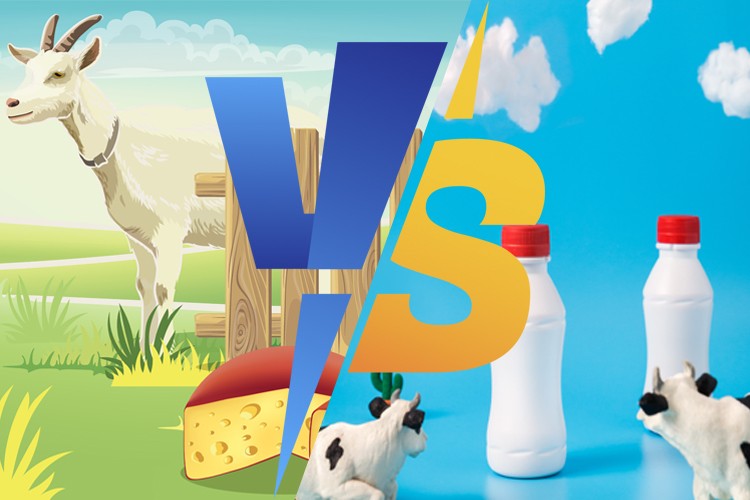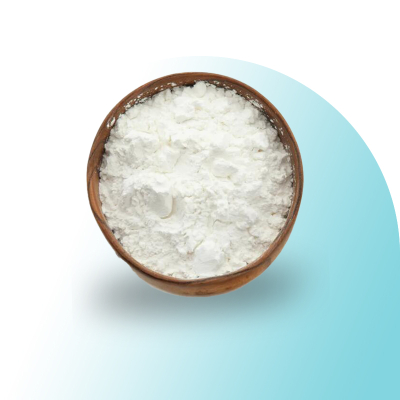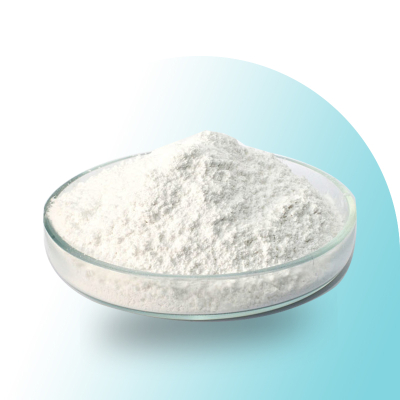Coward against goat and sheep's milk: Battle of Lactose
Introduction
When it comes to dairy products, not all types of milk are the same. Cow milk, goat milk and sheep's milk have unique properties that affect how our digestive system processes them. For people with intolerance to lactose, the choice of proper milk can be crucial. Let's plunge into the confrontation of lactose between cow's milk and milk and sheep milk.
1. What is lactose?
Lactose, often called milk sugar, is natural sugar contained in dairy products. Our small intestine produces an enzyme called lactase to split it. However, in some people this enzyme is not enough, which leads to symptoms of lactose intolerance, such as bloating, gas formation and cramping in the abdomen.
2. Cow's milk: lactose heavyweight
Cow milk contains about 4.7% lactose, which makes it difficult to digest people with lactose intolerance. Its large fat balls and a complex protein structure can also complicate digestion. Symptoms include discomfort in the digestive system, especially in those who are allergic to milk.
3. Goat milk: is it easier to digest it?
Goat milk contains slightly less lactose (about 4.1%) and has smaller fat balls, which makes it easier for digestion for some people. Its unique fatty acids and the composition are closer to breast milk, which can explain why many consider it softer for the stomach.
4. Sheep's milk: cream alternative
Sheep's milk contains about 4.8% lactose, which is similar to cow's milk. However, its rich, creamy texture and high nutritional value make it popular for the production of cheese and ice cream. Despite the content of lactose, some people with mild intolerance tolerate it better thanks to the unique protein structure.
5. Lactose intolerance: symptoms and solutions
Lactose intolerance symptoms vary, but often include:
· Bloating
· Gas formation
· Diarya
· Abdominal cramps
For those who suffer from these symptoms, products from goat and sheep’s milk can become a more convenient alternative.
6. Why goat and sheep's milk?
· Less fat balls: easier for the digestive system.
· Unique proteins: less likely to cause symptoms of allergies to milk.
· Rich by nutrients: contain many vitamins and minerals.
7. Dairy products for people with lactose intolerance
If you suffer from lactose intolerance, consider the following options:
· Cossack cheese
· Ovech milk yogurt
· Blacket ice cream
8. The role of lactose suppliers
Lactose suppliers play an important role in the dairy industry, providing high -quality lactose for various dairy products. They guarantee that even people with lactose intolerance can enjoy dairy products in moderate quantities.
9. An interesting fact: goats and sheep against cows
Do you know that goats and sheep produce milk with a different protein structure than cows? This difference makes their milk easier for digestion for many people.
10. Conclusion: What milk wins?
Although cow's milk remains a popular choice, goat and sheep milk offer unique advantages, especially for people with lactose intolerance. Whether you drink goat milk or enjoy the cheese from sheep’s milk, the choice ultimately depends on your digestive system and taste preferences.
Final thoughts
In Qufu Bruschettini Biomedical Co., Ltd. We understand the importance of choosing the right dairy products. Do you study goat milk, sheep’s milk or traditional cow's milk, we are here to support your path for better digestion and a healthier life.




